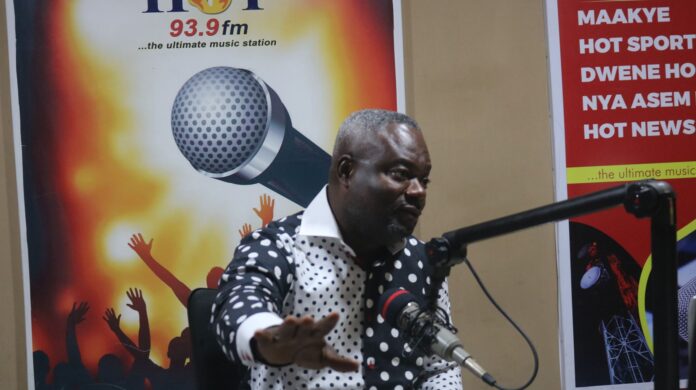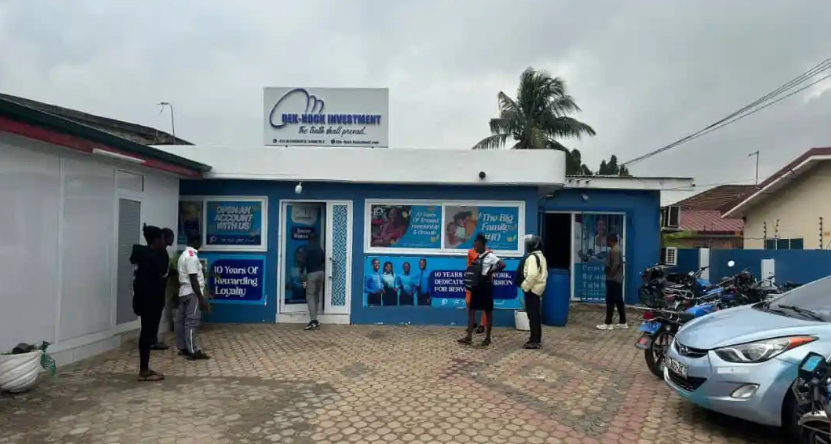Speakers at a forum organized by the Centre for European Studies at the University of Ghana (UG) have urged Ghanaians to elect leaders who will manage the economy well and not focus on the interest of their political parties.
That, they said, would prevent the country from going to the International Monetary Fund (IMF) in the future for a bailout.
The Speakers included an Associated Professor at the Finance Department of UG Business School, Prof. Lord Mensah; the Director of Research and Policy at the Trade Union Congress (TUC), Kwabena Otoo; the Head of the Political Science Department, UG, Prof. Alidu Seidu and a member of the Ghana Bar Association (GBA), Kwesi Baffoe Intsiful.
The forum, held last Friday, was on the theme “Ghana-IMF Deal: The Legal Environment and European Union Factor”.
They noted that the country going to the IMF was not a bad thing but the conditionalities which came with the program normally had adverse effects on the living conditions of the people, adding that the country’s indebtedness which led it to seek an IMF bailout had resulted from huge loans the country had acquired but failed to utilize properly through projects to enable it to pay the loans back.
Speakers
The lead discussant, Prof. Mensah, indicated that projects that were tied to regimes ended up being abandoned, depriving the country of the needed benefits of those projects.
“Every government that comes to power wants to start a new project. Therefore, existing projects from the previous government would be halted. Go around the country and take stock of uncompleted projects that were started by previous administrations. That is your money sitting down there in the street. It is the asset that has been created out of the debt,” he lamented.
To reduce the current burdens of IMF conditionalities, Prof. Mensah suggested that the country must deepen its relationship with donor partners like the European Union and World Bank, for direct investments that would open up the economy to create jobs for the unemployed in both the government and private sector.
The TUC director of Research, Mr. Otoo, added that there must be a change in how governments managed resources because going to the IMF for a bailout normally brought hardship to the people, including the high cost of living and freezing of employment, which affected graduates in the country.
Prof. Seidu also indicated that governments wanted to win power and, therefore, the decision to go to the IMF or not was based on the political interests of the regimes, which, in the long run, affected the gains of the country.
A member of the Ghana Bar Association, Kwesi Baffoe Intsiful, disclosed that although the constitution required that loans from IMF must have the approval of Parliament, none of the IMF deals had ever been to Parliament, which breached Article 181 of the constitution.
He called for IMF deals to be put before Parliament for more consultation and deliberation on the deal before they were approved or otherwise.
The Director of the Centre for European Studies, Dr. Kwame Asah-Asante, expressed the hope that the current IMF deal would be the last for the country.
He called on the European Union to continue supporting the country with direct investments that would help it come out of its economic challenges.







